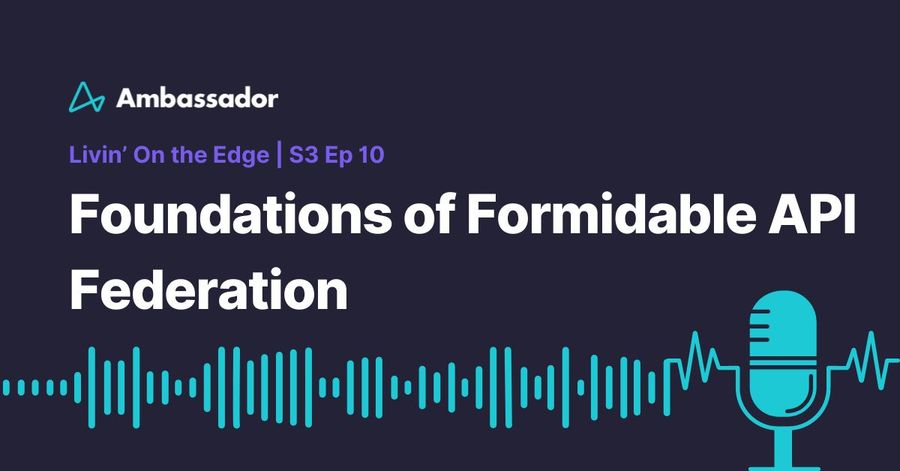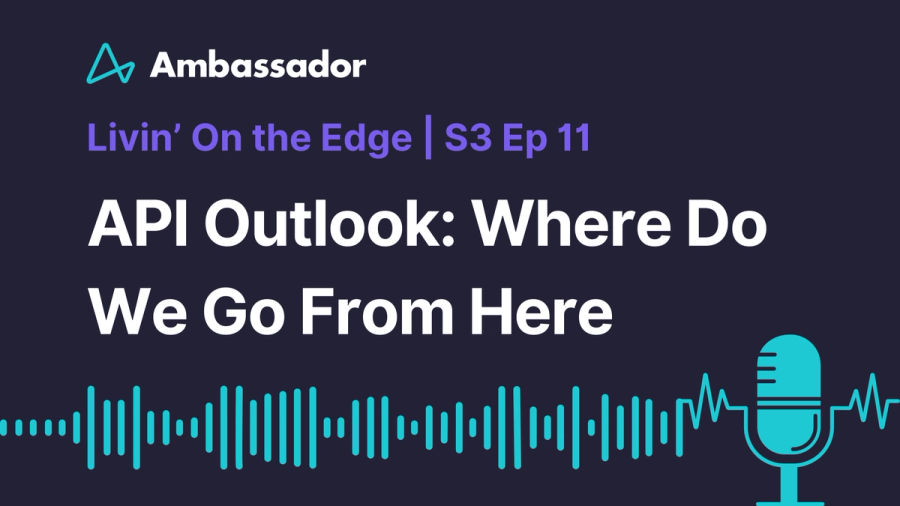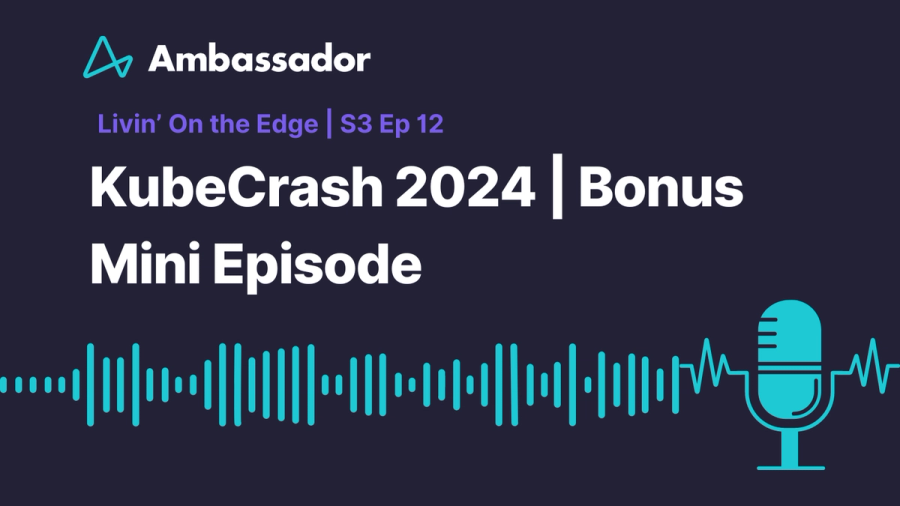HTTP/3: Use Cases, Envoy Support, and Google’s Rollout
About
Episode Guests
A number of key themes emerged:
- HTTP/2 sped up HTTP/1 dramatically – but if you lose one packet on a connection, everything gets stalled until the packet is retransmitted.
- This is a fundamental limitation of TCP, so HTTP/3 speeds up HTTP/2 even more by implementing the protocol on top of UDP.
- The two big wins in HTTP/3 are the zero roundtrip handshake and improved congestion control. With the former, if you have already connected to the server previously you can bypass the three-way TCP handshake. With the latter, if you drop a packet, HTTP/3 will recover better and faster than HTTP/2.
- Moreover, because HTTP/3 is implemented in user space, you get these performance benefits even if you haven’t updated (or can’t update) your operating system kernel.
- Because there’s on average 2% packet loss on the Internet, HTTP/3 benefits virtually everyone.
- End users who see even more benefit are those on lossier networks (e.g., emerging markets, mobile, IoT use cases) and those on old kernels (e.g., Windows users at large companies that don’t upgrade).
- Adding HTTP/3 support to a proxy, ingress, or Edge Stack API gateway is non-trivial (unlike HTTP/2) as the protocol has very sophisticated congestion control and cryptography that needs to be implemented.



